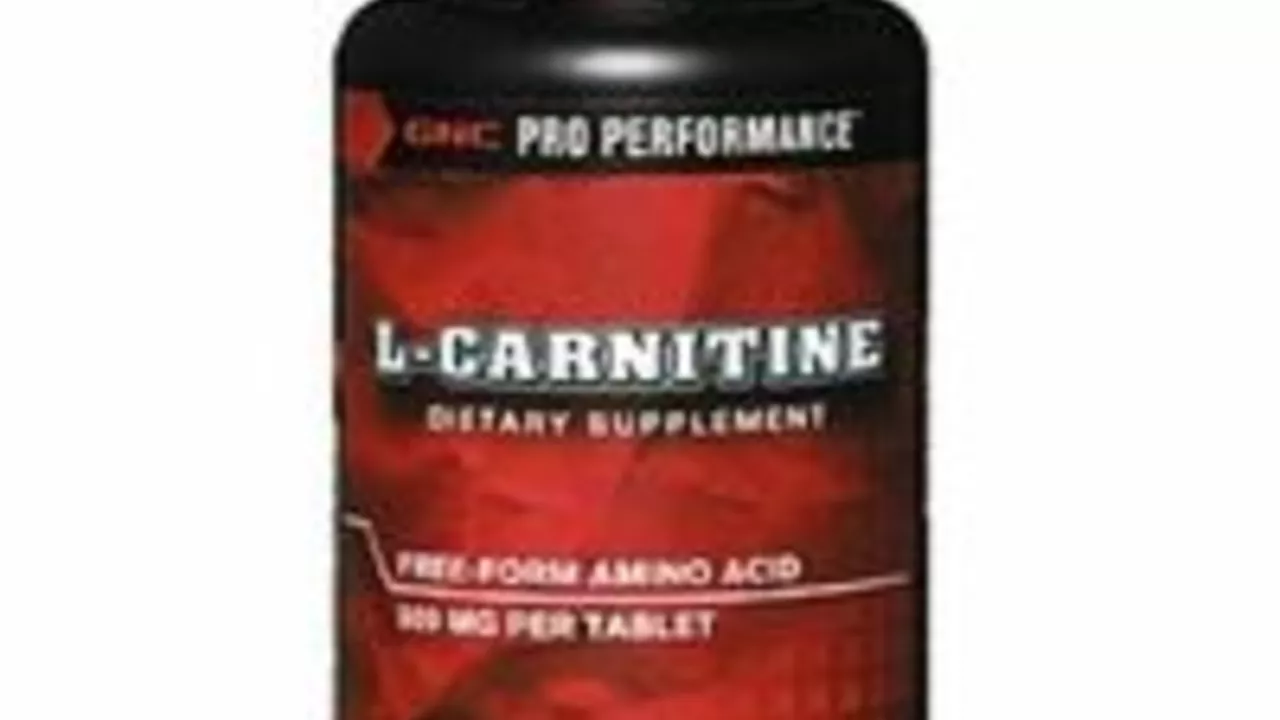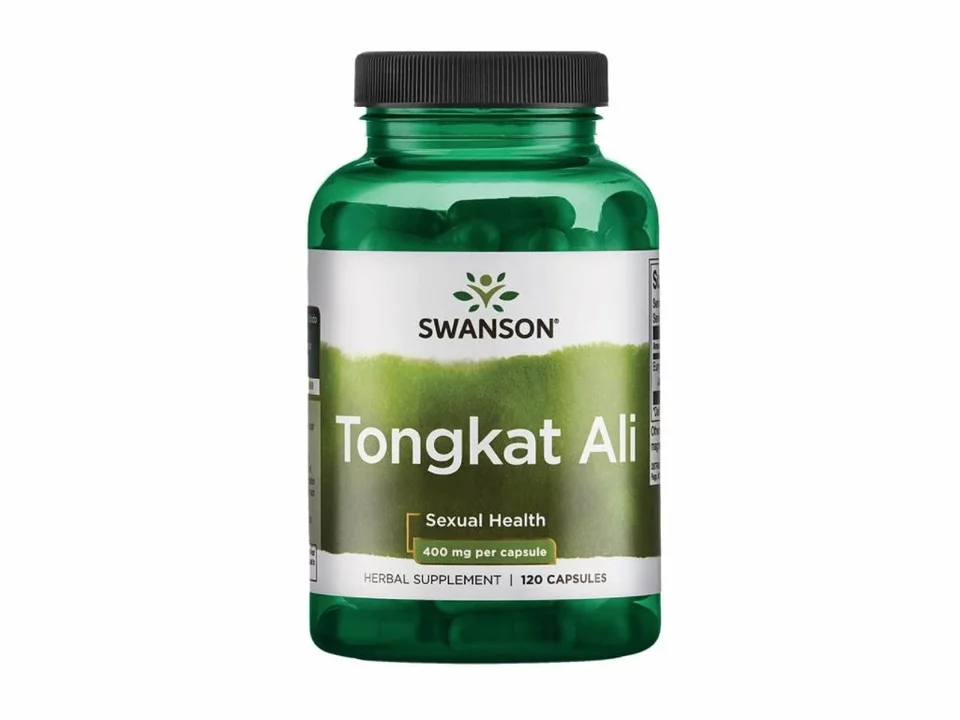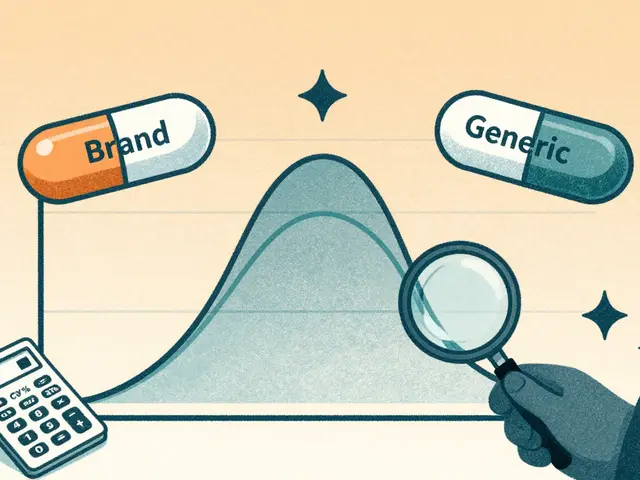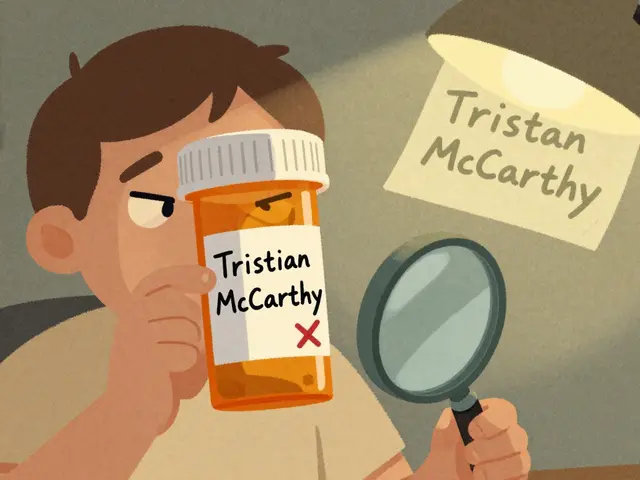Dietary supplements: smart, safe choices for everyday health
Supplements can help fill gaps when food falls short, but they’re not magic pills. Before you reach for the bottle, know why you need it, how much is safe, and how it could interact with medicines you already take.
First: ask one simple question — do you have a real need? Low vitamin D, iron-deficiency anemia, pregnancy and certain diets (vegan, restrictive) are common reasons to supplement. For most people with a balanced diet, a multivitamin won’t fix poor eating.
Pick the right product
Look beyond flashy packaging. Check the label for exact doses (not “proprietary blend”), the form of the nutrient (methylcobalamin vs cyanocobalamin for B12), and expiration date. Prefer supplements tested by third parties like USP, NSF or Eurofins — that adds trust. Avoid products promising quick cures or mega-doses unless prescribed by a clinician.
Choose forms that your body actually absorbs: vitamin D3 over D2, omega‑3 as EPA/DHA rather than generic fish oil, and certain minerals with better absorption (magnesium glycinate over magnesium oxide). If swallowing is hard, look for gummies, liquids or powders — but check sugar and filler content.
Watch for interactions and safety
Supplements can change how medicines work. For example, vitamin K affects warfarin, some botanicals raise blood pressure, and iron can interfere with absorption of certain antibiotics. If you take prescriptions like metformin, statins (see Vytorin posts), or diuretics (see Lasix post), check with your doctor about nutrient needs and risks.
Start low and track effects. Introduce one supplement at a time for a few weeks so you can spot benefits or side effects. If you feel unusual symptoms — stomach upset, palpitations, rash — stop and seek advice. Pregnant or breastfeeding? Don’t start new supplements without professional guidance.
Budget matters. Compare costs per dose, not bottle price. Some pharmacy discount tools discussed on this site can lower costs for prescription meds; for supplements, compare ingredient lists and doses instead. Beware very cheap brands with vague labeling — you often get what you pay for.
Common supplements people ask about include vitamin D, omega‑3, B12, magnesium and probiotics. Typical safe starting doses are often modest — vitamin D 1,000–2,000 IU daily, omega‑3 250–1,000 mg EPA/DHA, magnesium 200–400 mg, and B12 25–1,000 mcg depending on need. Iron needs are very individual; excess iron can be harmful so only use after testing. Always check for allergens like soy, dairy or shellfish in formulas. Keep supplements in original packaging always.
When research matters, look for clinical studies, not just testimonials. Search for randomized trials or systematic reviews on the supplement you’re considering. For everyday questions about switching medications or how supplements might interact with drugs, our related posts — like “Best Metformin Alternatives: Dietitian-Backed Insights” and “Lasix Uses, Side Effects, Dosage” — offer practical points to discuss with your clinician.
Bottom line: supplements can be useful tools when chosen carefully. Know your reason, verify quality, watch for interactions, and keep your clinician in the loop. That’s the safest way to get real benefit without unnecessary risk.











